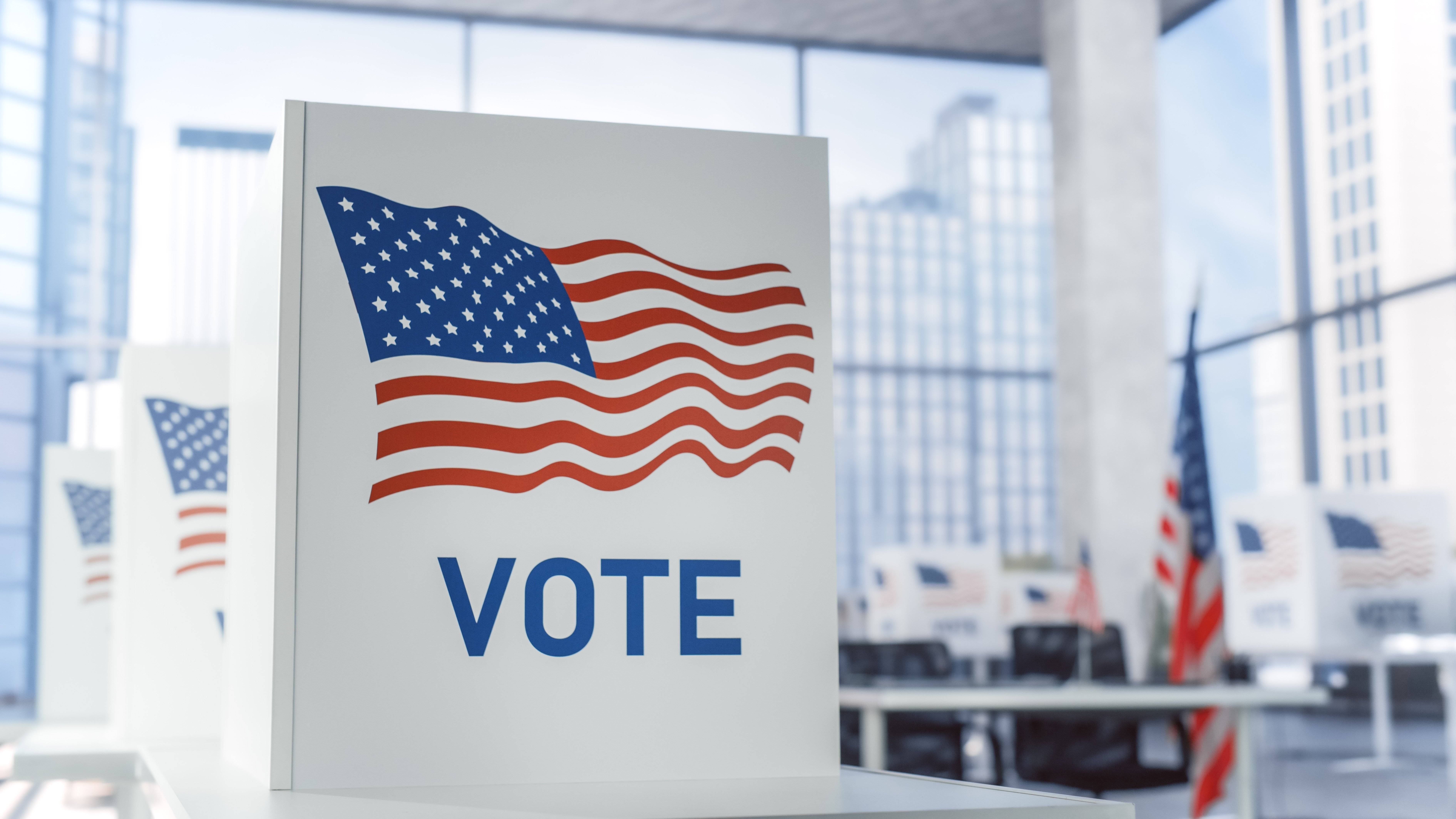Leveraging AI for Transparent Election Communication

Catherine Jobe
Digital Marketing Manager
AI-driven tools can significantly improve how election officials connect with voters. By analyzing real-time data, AI helps identify common concerns and information gaps, enabling officials to address these issues proactively. For example, AI-powered chatbots can provide instant, accurate answers to voter questions, guide individuals through the registration process, and offer detailed information about polling locations and voting procedures. These chatbots can operate in multiple languages, making the electoral process more accessible to diverse communities.
Combatting Misinformation
One of the greatest challenges in modern elections is the spread of misinformation. AI can be instrumental in identifying and addressing false narratives before they gain traction. Machine learning algorithms can monitor social media and other online spaces, detecting misinformation in real-time. This allows election officials to respond quickly with accurate information, helping to prevent the spread of misleading content.
Moreover, AI can verify the accuracy of information before it is shared with the public. By cross-referencing data from credible sources, AI ensures that only verified information is disseminated, which helps maintain transparency and reinforces public trust.
Leveraging AI for Real-Time Insights
Citizen engagement platforms powered by AI offer election officials a way to gain valuable insights into public sentiment and concerns. By analyzing feedback from social media, surveys, and other sources, AI can help officials understand what issues matter most to voters. This enables a more responsive approach to communication, addressing voter concerns directly and fostering a more informed electorate.
In addition, AI enhances transparency by providing real-time analytics and reporting, allowing officials to track the effectiveness of their communication efforts and make data-driven adjustments as needed.
Ensuring Privacy and Security
While AI brings many advantages, it is essential to address concerns about privacy and data security. Election officials must be transparent about how AI is used, ensuring that these tools comply with legal and ethical standards. By implementing robust data protection measures and communicating them clearly, officials can maintain public trust while utilizing AI's capabilities.
This sustained engagement helps foster a stronger sense of community ownership and involvement. When citizens feel that their voices are heard consistently, they are more likely to stay engaged and participate in future initiatives, leading to more vibrant and active civic participation overall.
Leveraging Data for Informed Decision-Making
Digital platforms also offer governments the ability to collect and analyze data on community preferences, concerns, and behaviors. This data-driven approach enables more informed decision-making, as officials can use insights gleaned from platform interactions to shape policies that better reflect the community's needs.
For instance, by analyzing patterns in citizen feedback, governments can identify emerging issues before they become widespread problems. They can also track the effectiveness of various initiatives and adjust their strategies accordingly. This ability to make data-backed decisions represents a significant shift in how local governments operate, leading to more efficient and responsive governance.
Conclusion
AI represents a powerful tool for enhancing transparency and communication in elections. By improving accessibility, combating misinformation, and providing real-time insights, AI can help election officials build trust and engage voters more effectively. As technology continues to evolve, its role in supporting transparent and trustworthy elections will be increasingly vital, offering new opportunities to strengthen the democratic process.%20copy-1.png?width=544&height=120&name=Logo_black%20(1)%20copy-1.png)




